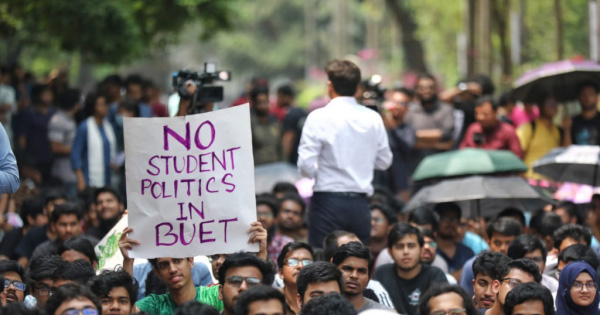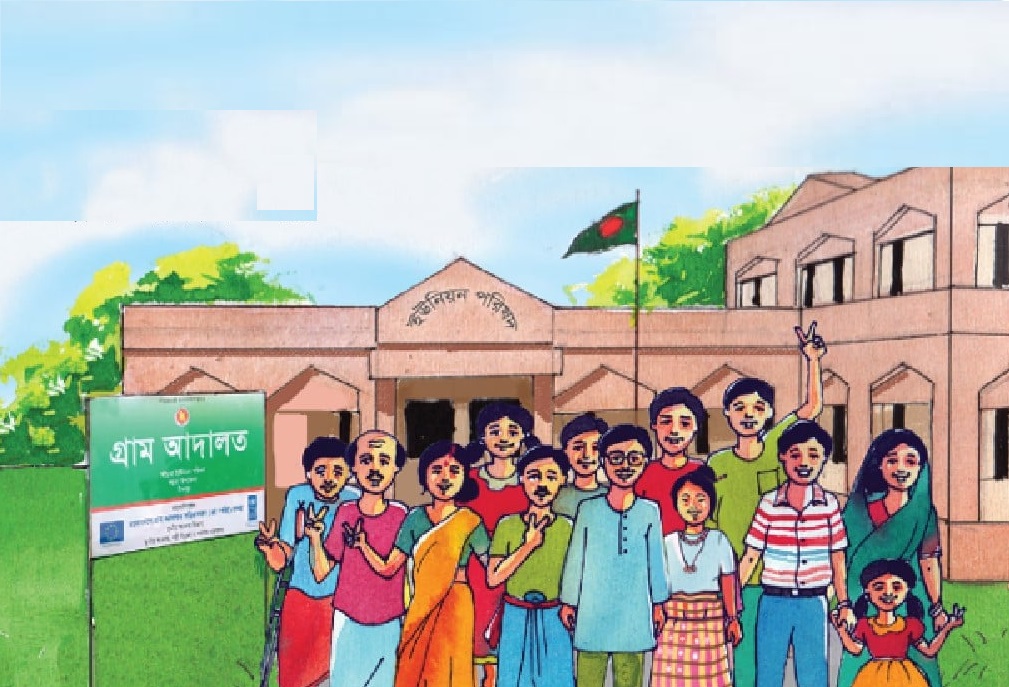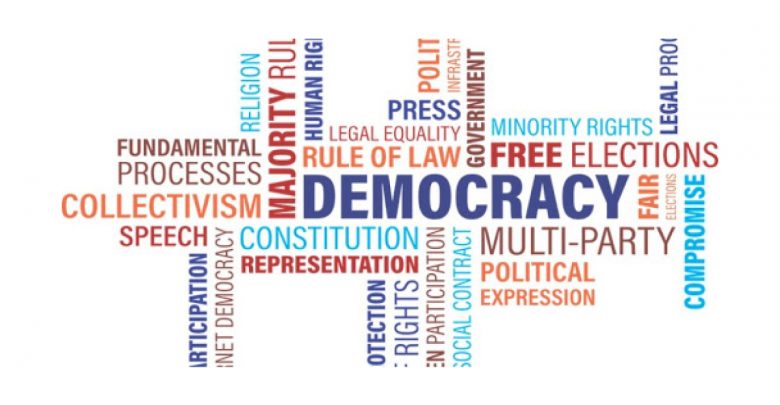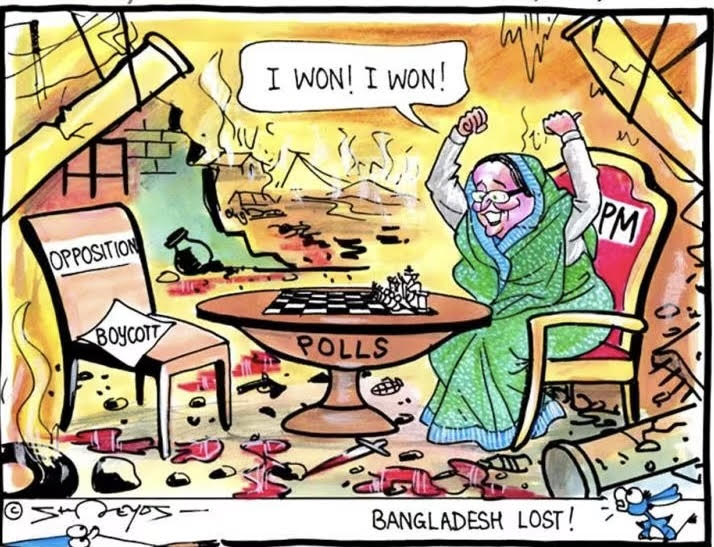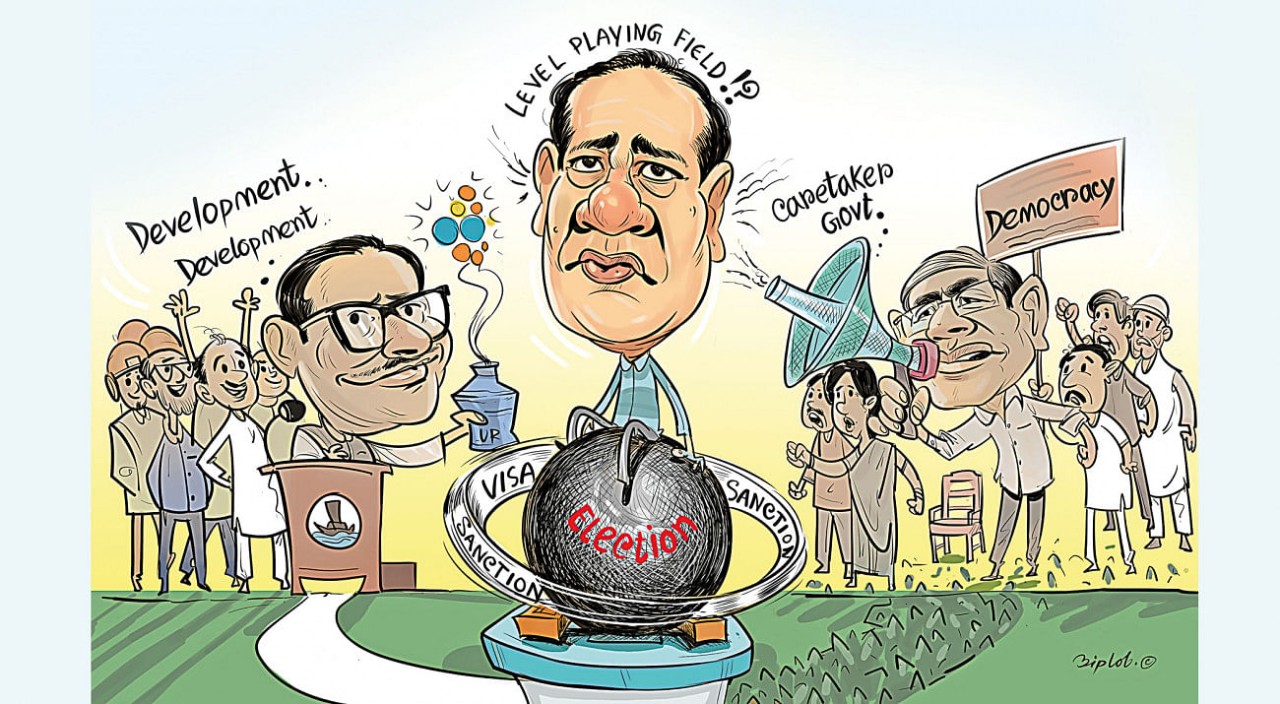Student politics has been an integral part of the socio-political landscape in Bangladesh for decades, often serving as a platform for young individuals to voice their opinions and engage in democratic processes. However, recent events at Bangladesh University of Engineering and Technology (BUET) have reignited debates surrounding the influence and regulation of student politics within educational institutions.
A notification prohibiting student politics at the Bangladesh University of Engineering and Technology (Buet) has been suspended by the High Court. According to lawyers, this means that student politics in Buet are no longer prohibited. Imtiaz Hossain Rahim Rabbi, a leader of the Chhatra League and a student from Buet, submitted a writ case on Monday, which resulted in the order. The ruling was passed by the High Court bench consisting of Justice Md Khasruzzaman and Justice KM Zahid Sarwar. Leading members of the Chhatra League led a group of activists and leaders onto the Buet campus on Thursday. Students at Buet started a movement on Friday in protest. The students made six demands during this period, one of which was to enforce the ban on student politics on campus. Afterwards, the Buet administration released a notice and acknowledged some of the demands made by the students. The accused student Imtiaz Hossain Rahim Rabbi’s dormitory seat was cancelled, an investigation committee was formed, and decisions were to be made in accordance with the investigation while guaranteeing that all academic activities, including exams, would continue as scheduled, according to the notice signed by Buet Registrar Prof. Dr. Md. Forkan Uddin.
Political activities by students were banned at Buet following the murder of Abrar Fahad by Chhatra League members in the university’s Sher-e-Bangla Hall on October 7, 2019. The High Court order raised several legal and constitutional questions regarding the regulation of student politics in Bangladesh. Article 39 of the Constitution of Bangladesh guarantees the right to freedom of speech and expression, including the right to form associations and unions. However, this right is not absolute and can be subject to reasonable restrictions in the interest of public order, morality, or the sovereignty and integrity of Bangladesh.
The recent court order clearing the way for student politics has been welcomed by BCL and other student political fronts. In the context of BUET’s violent political past, a very concerning question arises whether the High Court’s order really reflects concerns about the disruptive and violent nature of student politics, which can impede the academic environment and compromise the safety and well-being of students and faculty.
Following Abrar Fahad’s brutal murder on campus, students fought to ensure a politics free campus and the previous HC order reflected their concerns about violence and disruption on campus. However, the recent nullification of the ban on student politics by HC serves as green signaling for the reinstatement of politics on campus. The government’s top brass wants to bring back student politics in the nation’s best engineering schools in order to uphold the constitutional freedom to engage in political activity.
Now the question remains, whether it’s possible to strike a balance between preserving the democratic rights of students and maintaining a conducive environment for learning and academic excellence. This necessitates a comprehensive legal framework that regulates student politics while upholding fundamental rights and principles of democracy. Such a framework should include provisions for transparent elections, codes of conduct for student organizations, mechanisms for dispute resolution, and disciplinary measures for misconduct.

